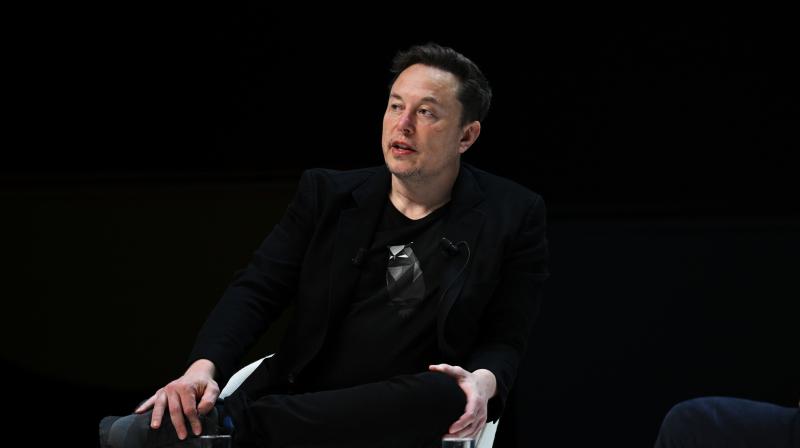Elon Musk is once again on the warpath with advertisers.
His platform, X, has filed an antitrust lawsuit alleging a conspiracy among major advertisers and a global advertising alliance to cripple the company through an 'illegal boycott'.
The lawsuit, filed in a Texas federal court, names the World Federation of Advertisers (WFA), the Global Alliance for Responsible Media (GARM), and GARM members CVS Health, Mars Inc., Orsted and Unilever, alleging that the trade group and several advertisers conspired to withhold 'billions of dollars' in ad spend over concerns that X would 'deviate from certain brand safety standards for advertising'.
It further stated that 'the illegal behaviour of these organisations and their executives cost X billions of dollars'.
Quoting a post by X CEO Linda Yaccarino, titled 'An open letter to advertisers’, Musk posted on X, “We tried peace for 2 years, now it is war”.
We tried peace for 2 years, now it is war https://t.co/elgT62uDtF
— Elon Musk (@elonmusk) August 6, 2024
The post by Yaccarino highlighted a report by U.S. House of Representatives judiciary committee titled ‘GARM’s (Global Alliance for Responsible Media) Harm’ that allegedly disclosed that their investigation had found evidence of ‘an illegal boycott against many companies, including X.'
This comes on the heels of Musk's recent appearance at the Cannes Lions, where he was questioned by WPP’s Mark Read about his statement telling advertisers threatening to pull ads to "go f--- yourself" in the now infamous interview with journalist Andrew Ross Sorkin.
Watch my conversation with @ElonMusk: https://t.co/YedkELVhFn
— Andrew Ross Sorkin (@andrewrsorkin) November 29, 2023
In contrast, at the Cannes advertising festival, he seemed to adopt a conciliatory attitude while seeking to downplay the harshness of his remark. He clarified that the statement wasn’t directed to advertisers as a whole and was with respect to freedom of speech, stating simply, “I think it is important to have a global free speech platform, where people from a wider range of opinions can voice their views.”
With this latest lawsuit, however, Musk seems to have once again adopted a hostile stance toward advertisers.
In response to another post on X by Rumble video platform CEO, which stated, “Google just found out that they can't rig the search market to exclude their competitors anymore. And soon a cabal of advertisers and agencies will find out that they can't arbitrarily engineer a boycott of Rumble & X”, Musk once again reiterated, “We tried being nice for two years and got nothing but empty words. Now, it is war”
The billionaire further stressed in another post that 'Everyone who has been boycotted should file a lawsuit in every country they’ve been boycotted'.
He added that he 'strongly encourages any company who has been systematically boycotted by advertisers to file a lawsuit'.
I strongly encourage any company who has been systematically boycotted by advertisers to file a lawsuit.
— Elon Musk (@elonmusk) August 6, 2024
There may also be criminal liability via the RICO Act.
The microblogging site has been courting controversies ever since Musk’s takeover of the company, formerly called Twitter, in April 2022.
Within the first month after Musk's takeover, confusion about the company’s policies regarding content moderation reigned, even as several fake and unverified accounts were created that made erroneous claims about products.
In November last year, a number of major advertisers cited concerns on whether the microblogging site under Musk, will continue to be a ‘brand safe’ environment for their ad messaging.
There were also apprehensions about ads appearing next to ‘pro-Nazi’ content and hate speech which further led to a wave of advertisers—including Disney, Apple and IBM—abandoning X. And to make matters worse, Musk himself courted controversy by endorsing an antisemitic post, which he later apologised for, but the damage was done.
Whether or not Musk can win back brands depends on how its owner manages his relationship with a key group of people: advertisers.
In the end, does X need advertisers more than advertisers need X?

.gif)










